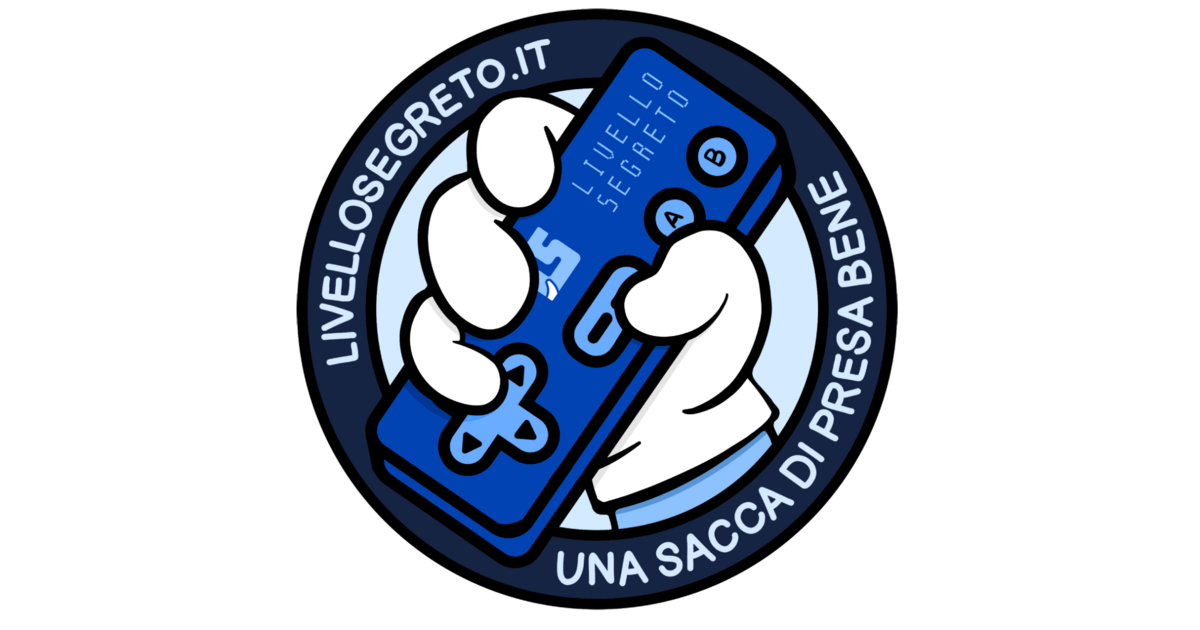Recent searches
Search options
#trolleyproblem
Everyone assumes they would be the one pulling the lever but in reality that is someone else
Don't Create the Torment Nexus?
You're an engineer working on a top-secret project for a mysterious billionaire. The project is complete, and you're tasked with flipping the switch to start it up. Unknown to the rest of the team, the project is a doomsday device that will eventually destroy all life on Earth. If you flip the switch, you'll make billions of dollars and secure your family's future for generations. But flipping the switch means the end of humanity as we know it. Do you flip the switch and bring your family enormous wealth, or do you not flip the switch and save humanity, knowing your family will suffer?
If you flip the switch:
- You become incredibly wealthy.
- Your family is set for life.
- You may feel guilt, knowing you caused the end of humanity.
- You get away with it, as no one but you knows what really happened.
If you don't flip the switch:
- You save humanity.
- Your family suffers due to your decision.
- You are revered as a hero.
- You feel immense pride in saving the world, but constant guilt about your family's lost opportunities.
What do you do?
The OpenAI vs. DeepSeek Trolley Problem
Imagine you're on a track alongside two competing AI companies, OpenAI and DeepSeek. In front of you, there's a lever that can redirect a runaway trolley. Here's the catch: if you pull the lever, you'll redirect the trolley onto a track where it encounters five OpenAI engineers stuck in brainstorming a new language model, but none of them seem to be making any progress. Alternatively, if you don't pull the lever, the trolley will continue on its current path and hit a single DeepSeek intern known for accidentally deleting important files.
Pull the lever: You redirect the trolley onto the track with the OpenAI engineers. The engineers panic, jolted from their stagnation, and miraculously come up with the most innovative language model in weeks. They go on to make breakthroughs that outshine DeepSeek, leaving them grappling with outdated technologies.
Do nothing: The trolley plows into the DeepSeek intern, who miraculously manages to delete a crucial piece of their AI's code, inadvertently fixing a bug no one knew existed. DeepSeek suddenly becomes the new industry leader, and OpenAI's engineers are forced to attend brain-storming sessions indefinitely.
#anarchisn #anarchist #activism #activist #trolleyproblem #miffy #nijntje #humanrights #sabotage #tram #train #railway #peacenow #ceasefire #anticapitalism #dickbruna
6.10: The Dilemma of Utopian Joy: Ariel & Christina Discuss
While solarpunks often choose to stand in direct opposition to selfishness, greed, and systemic problems, the choice to be kind and to prioritize joy, sympathy, and understanding is also central to solarpunk in fiction and in real life. As Christina and Ariel discuss, while acts of kindness occur in all sorts of fictions, even cyberpunk and dystopian fictions, acts of kindness in solarpunk stories tend to be transformative, especially for the person or group on the receiving end. They then explore the sacrifices that it takes (and who has to make them) in order to maintain peace, prosperity, and joy in society by two famous solarpunk–adjacent stories set in utopias, “The Ones Who Walk Away From Omelas” by Ursula K. LeGuin and “The Ones Who Stay and Fight” by N.K. Jemisin. Christina is not sure if she’s on board for either of these stories, but she agrees with the premise that now is the time not to walk away in disillusionment, but to fight hard for human rights, justice, and fairness in all of our different political systems and societies.
#FensterFreitag #WindowFriday #Frost #TrolleyProblem
Jack Frost tackles the Trolley Problem.
There is a fleet of trolleys, each with a poorly marked button that causes the trolley to derail. You could do nothing, in which case one person per year will push the button by accident, killing everyone on board. Or you could put a giant red warning label on the button saying "DANGER, DO NOT PUSH". Now five people push it per year, but hey, at least it's not your fault. #trolleyproblem





